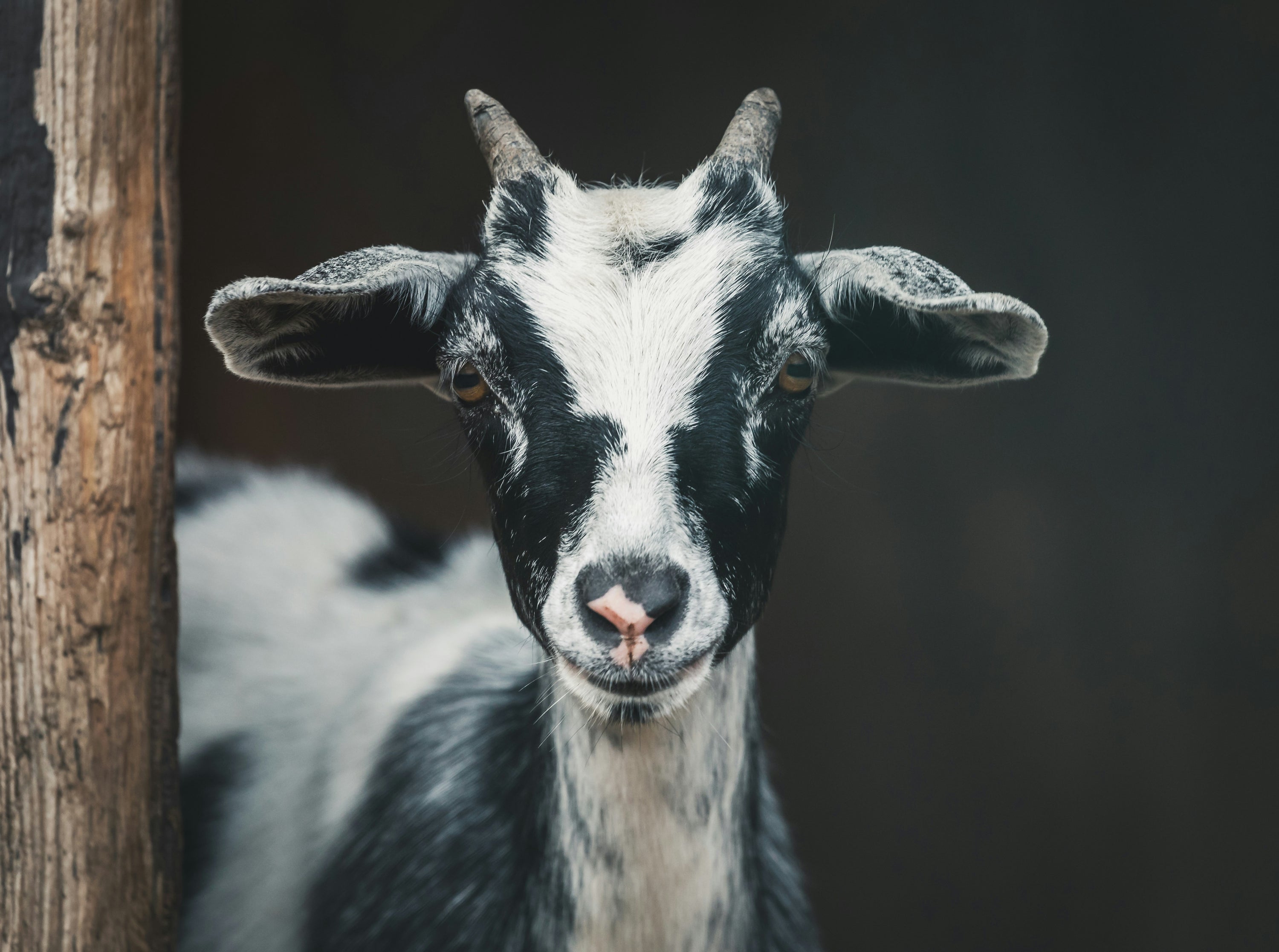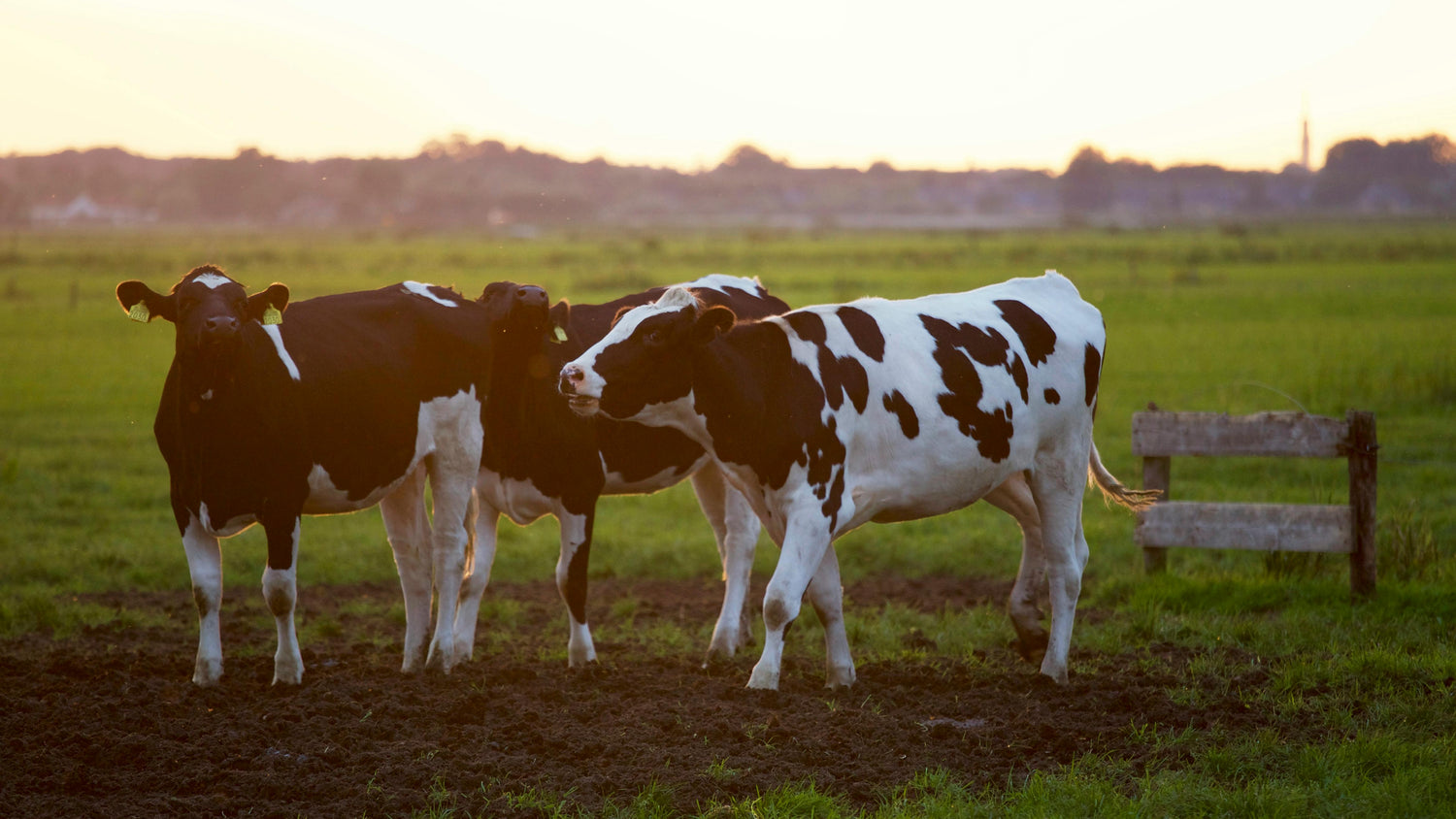
Difference Between Goat Milk and Cow Milk: Which is Better for Your Baby?
Aldebaran aldebaranChoosing the right milk for your baby is a critical decision that can significantly impact their health, growth, and overall well-being. With so many options available, parents often find themselves weighing the benefits of goat milk versus cow milk, especially when considering formula choices. At Organik Formula, we offer high-quality organic goat milk and cow milk formula, designed to meet the unique nutritional needs of your baby.
In this blog, we’ll explore the differences between goat milk and cow milk to help you make an informed decision for your little one.
1. Nutritional Composition
While both goat milk and cow milk are rich in essential nutrients, their composition differs in ways that can affect digestibility and nutrient absorption for babies.
Goat Milk
- Protein Structure: Goat milk contains less alpha-S1 casein, a protein associated with allergies and digestive discomfort, making it easier for some babies to digest.
- Higher Levels of Certain Nutrients: It is naturally higher in vitamin A, calcium, and certain essential fatty acids like caprylic acid and capric acid, which are beneficial for brain and immune system development.
- Lower Lactose Content: Goat milk has slightly less lactose than cow milk, which can be advantageous for babies with lactose sensitivity.
Cow Milk
- Balanced Nutrient Profile: Cow milk is a good source of proteins and nutrients like vitamin B12 and folic acid, which are vital for red blood cell production and overall growth.
- Higher Vitamin B12: It contains more vitamin B12 than goat milk, important for neurological development.
2. Digestibility
How easily milk is digested is a crucial factor, especially for infants with sensitive tummies.
Goat Milk
- Smaller Fat Globules: The fat molecules in goat milk are naturally smaller, allowing for easier digestion.
- Soft Curds: When goat milk interacts with stomach acid, it forms softer curds, which are gentler on the digestive system.
- Fewer Allergens: The reduced alpha-S1 casein content means fewer allergens, making it a suitable choice for babies prone to mild allergies or sensitivities.
Cow Milk
- More Allergenic Proteins: Cow milk contains higher levels of alpha-S1 casein, which can cause discomfort or allergic reactions in some babies.
- Larger Fat Globules: These can take longer to break down, potentially leading to digestive issues in sensitive infants.
3. Allergies and Sensitivities
Both goat and cow milk can trigger allergies in certain cases, but the prevalence and severity can differ.
Goat Milk
- Less Likely to Cause Allergies: The protein composition of goat milk is less likely to provoke allergic reactions. However, it is not suitable for babies with a confirmed cow milk protein allergy, as cross-reactivity can occur.
Cow Milk
- Common Allergen: Cow milk protein allergy (CMPA) is one of the most common food allergies in infants. Symptoms can include eczema, vomiting, diarrhea, and colic.
4. Taste and Smell
The taste and smell of milk can impact a baby’s willingness to consume it.
Goat Milk
- Distinct Taste: Goat milk has a slightly tangy flavor that some babies may take time to adjust to. However, many formula brands, including Organik Formula Goat Milk, enhance the taste to make it baby-friendly.
Cow Milk
- Milder Flavor: Cow milk has a more neutral taste, which is often more familiar and widely accepted by babies.
5. Environmental Impact
For eco-conscious parents, understanding the environmental impact of their choices is essential.
Goat Milk
- Lower Carbon Footprint: Goats require less land and water compared to cows, making goat milk a more sustainable option.
- Smaller-Scale Farming: Goat milk production often supports smaller, more sustainable farms.
Cow Milk
- Higher Resource Use: Cow farming typically consumes more resources, such as water and feed, and has a larger environmental footprint.
6. Suitability for Infants
Both goat milk and cow milk require modification to meet the specific needs of infants. Formula milk like Organik Formula ensures the right balance of nutrients, regardless of the milk base.
Goat Milk Formula
- Often recommended for babies with mild sensitivities to cow milk.
- Easier on digestion, making it a great option for babies with colic or reflux.
Cow Milk Formula
- Suitable for most infants and widely accepted due to its comprehensive nutrient profile.
- May be more affordable and accessible in some regions.
Which One Should You Choose?
Choosing between goat milk and cow milk depends on your baby’s specific needs, sensitivities, and your personal preferences. Consulting a pediatrician or nutritionist can help you make the best decision.
At Organik Formula, we pride ourselves on providing high-quality, organic goat milk and cow milk formulas. Both options are carefully crafted to offer balanced nutrition while prioritizing your baby’s health and comfort.
Whether you choose goat milk or cow milk, ensuring your baby receives proper nutrition is what matters most. Both have unique benefits, and with the right formula, you can provide your baby with the best start in life.
Explore Organik Formula’s range of organic goat milk and cow milk formulas, and give your little one the nourishment they deserve—naturally.




